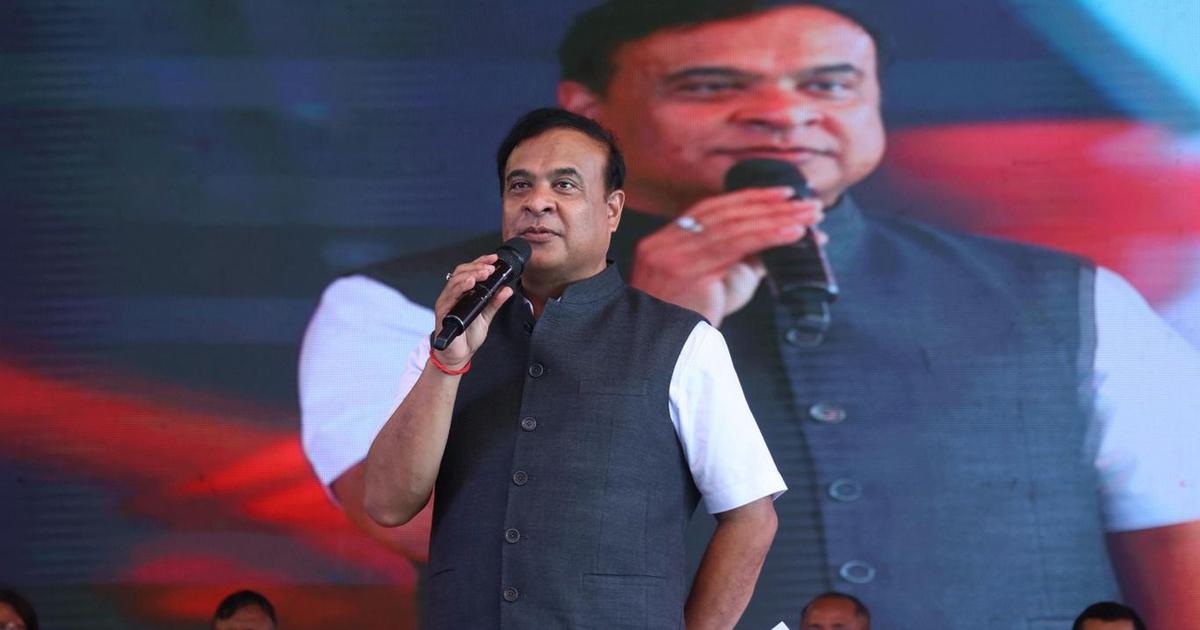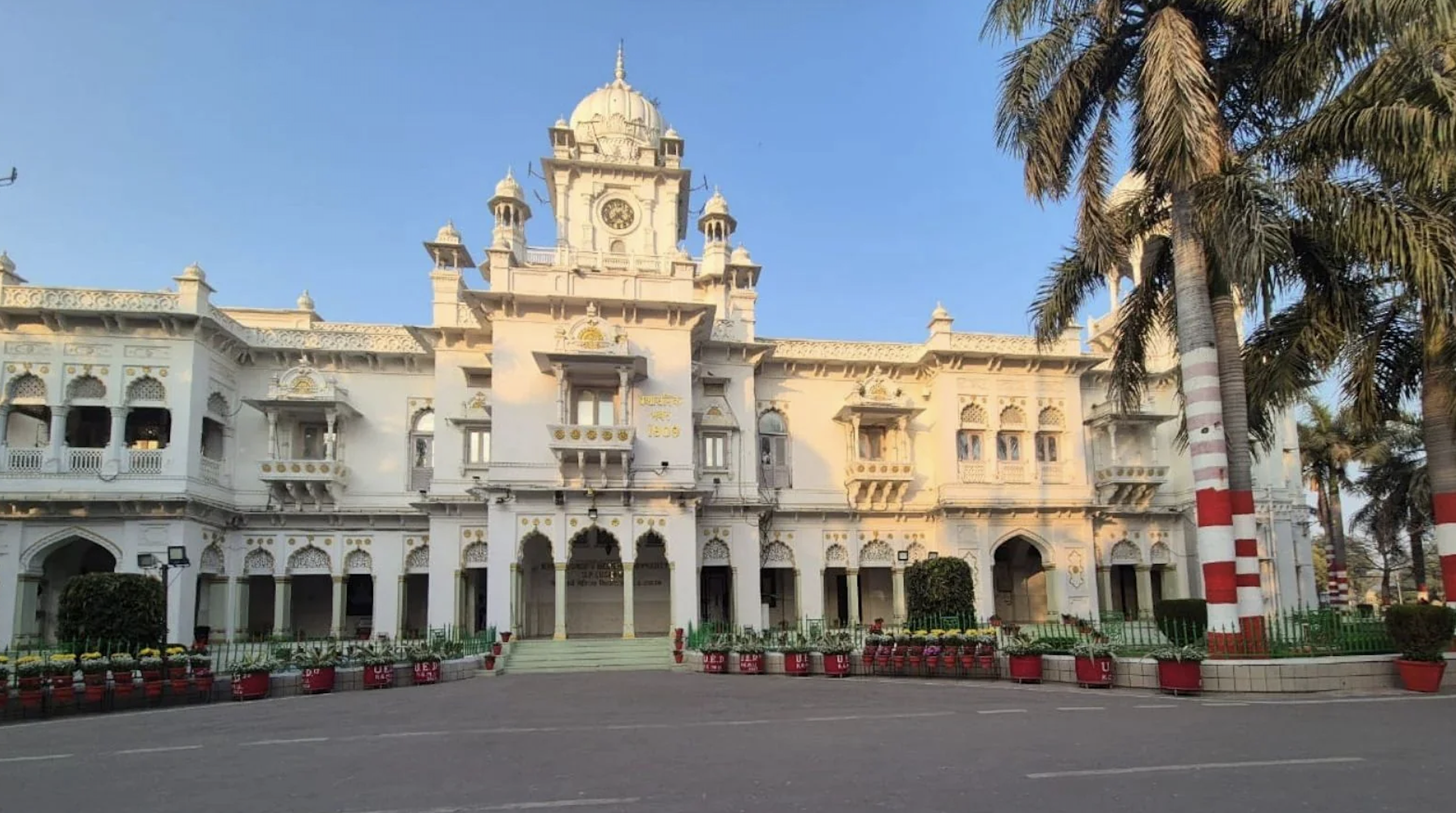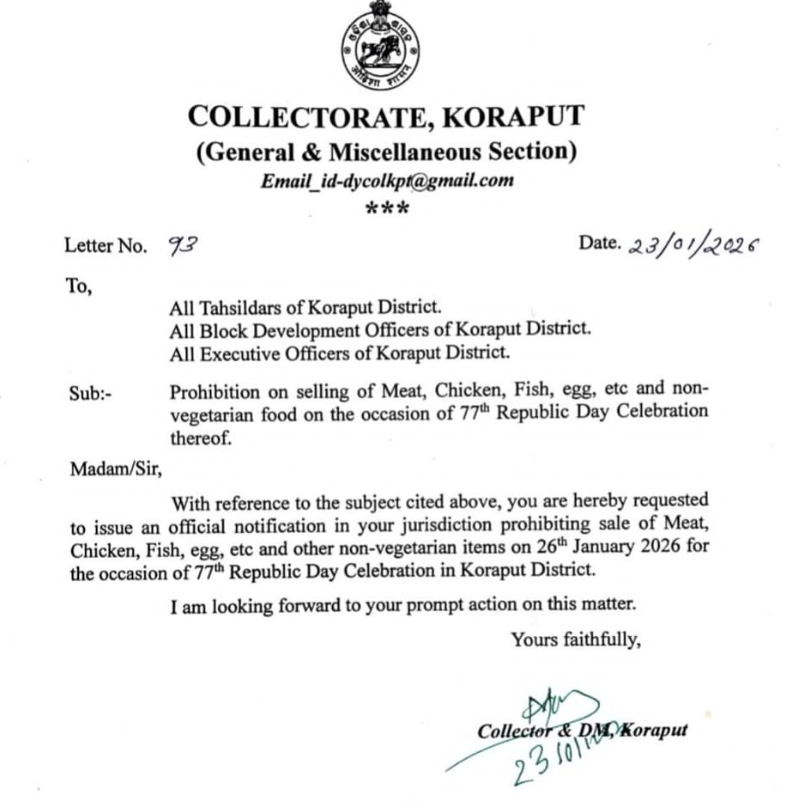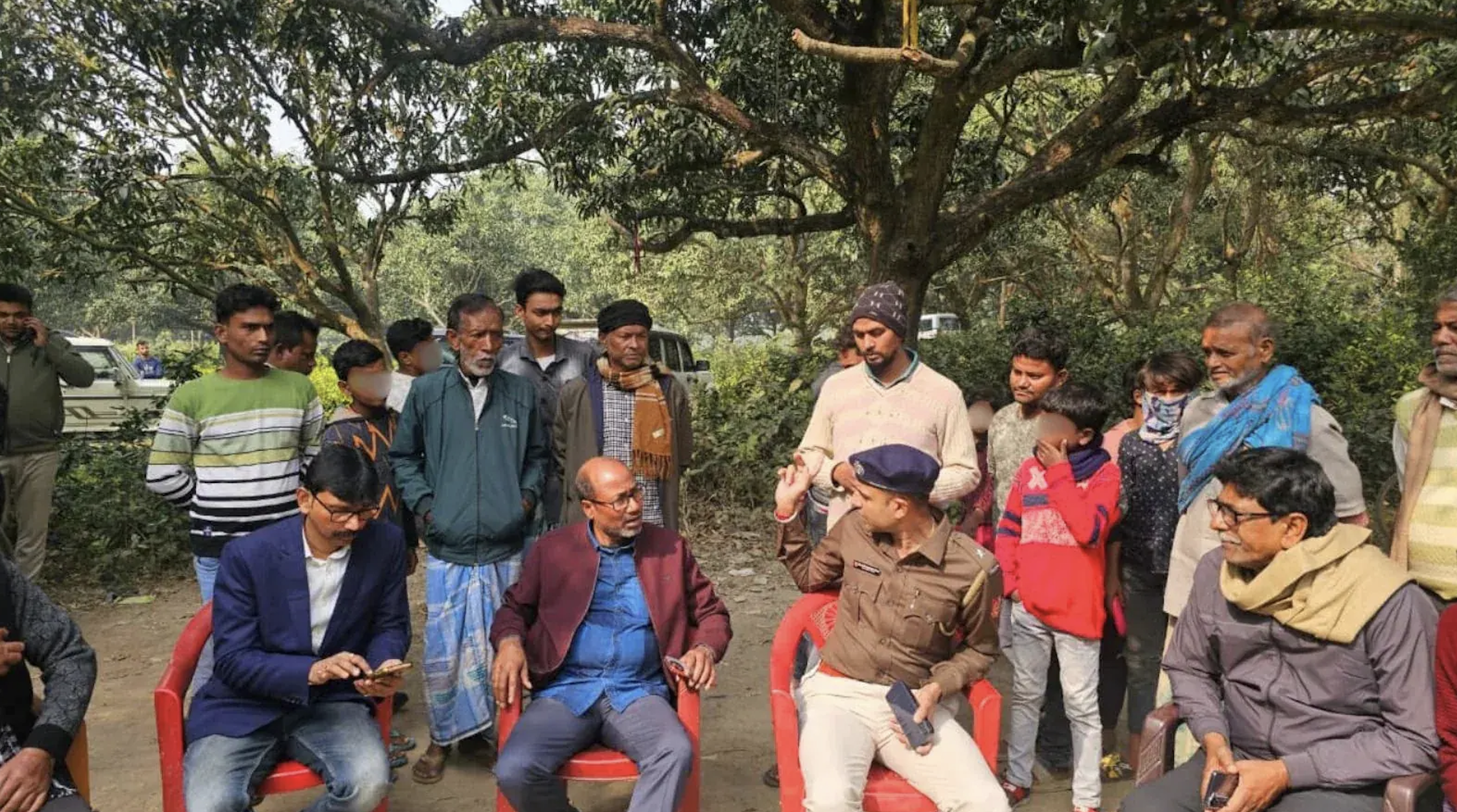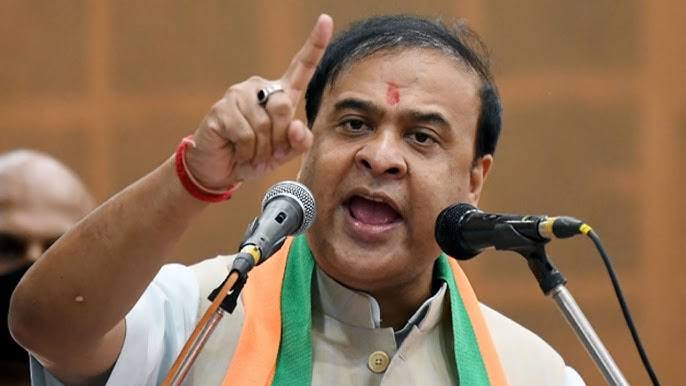
Assam Chief Minister Himanta Biswa Sarma has announced that his government will table a series of major bills in the upcoming Assembly session scheduled for next month. Among the proposed laws are those targeting so-called “love jihad,” polygamy, and measures for preserving Satras Vaishnavite monasteries along with land reforms to benefit members of the state’s tea tribes.
Addressing the media, Sarma stated that the new bills would be “historic” and “transformative,” but withheld detailed information, saying the specifics would be revealed after the state cabinet’s formal approval. “In the coming session of the Assam Assembly, we will introduce important and historic bills on issues like ‘love jihad’, polygamy, preservation of Satras, and land rights to tea tribes,” he said.
The Chief Minister has repeatedly hinted at introducing a law that would impose stringent punishment, including life imprisonment, for those accused of engaging in “love jihad” — a conspiracy theory propagated by right-wing groups claiming that Muslim men deceive Hindu women into marriage to convert them to Islam. This term, however, has no legal or factual standing in Indian law and has been widely criticised for targeting interfaith couples and fuelling communal polarization.
Sarma’s government had earlier formed a subcommittee to examine the feasibility of banning polygamy in the state. He has also been vocal about protecting Satras — monasteries associated with the 15th-century saint Srimanta Sankardev — claiming that they face “encroachment” from “illegal settlers.” Critics argue that such claims are often used to justify evictions of Muslim communities in parts of Assam, many of whom have lived there for generations but are portrayed as “outsiders.”
According to The Hindu and The Indian Express, Sarma has previously defended his government’s stance by framing these legislative moves as “efforts to protect Assamese culture and demography.” However, opposition parties and civil rights groups have condemned the plan, accusing the Chief Minister of weaponising communal rhetoric for political gain. The Congress and AIUDF have warned that the proposed laws could lead to harassment of minorities and undermine constitutional rights to religious freedom and marriage choice.
The planned bills also include measures concerning land rights for Assam’s tea tribes which is a community that has historically faced economic marginalisation. While the inclusion of welfare reforms has been seen as an attempt to balance the political optics, critics note that the overall legislative agenda reflects an increasingly hardline Hindutva influence within Assam’s governance.
If passed, these laws could mark a significant escalation in the Bharatiya Janata Party’s ideological push in the Northeast, aligning Assam’s policies more closely with Uttar Pradesh and Madhya Pradesh, states that have already introduced anti-conversion laws under similar pretexts. Rights organisations have cautioned that such bills, if implemented, would likely intensify communal divisions, legitimise state intrusion into private lives, and restrict interfaith harmony in one of India’s most diverse regions.
This story was originally published in muslimmirror.com.


